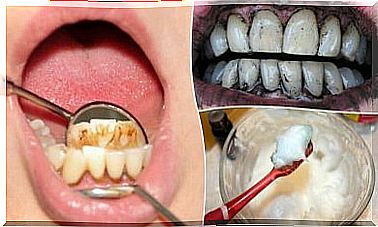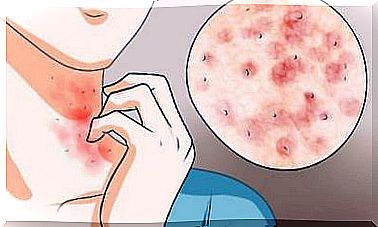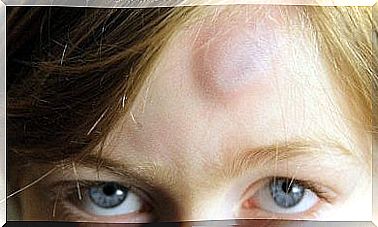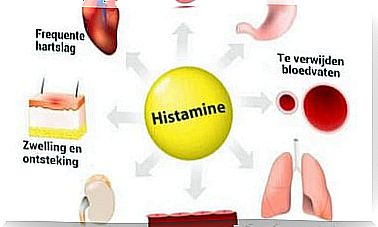A Concussion: Symptoms And Treatment
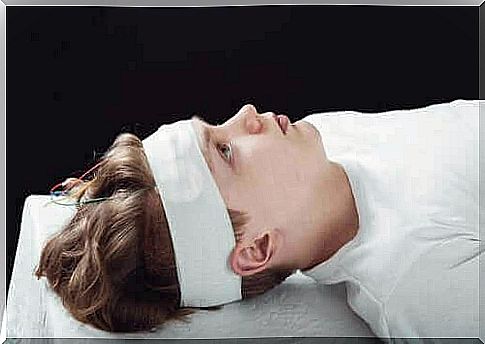
Accidents are common in children as they tend to run, jump, play and climb constantly. One of those accidents is a concussion.
A concussion is caused by a blow to the head that causes the brain to hit the skull. In this article, we’ll take a closer look at a concussion, its symptoms, and how it can be treated.
The Symptoms of a Concussion
The symptoms of a concussion can be subtle and may not manifest until 24 to 48 hours after the injury. In young children and infants, unfortunately, they are often difficult to recognize because they do not exactly describe how they feel. Some signs that may indicate it are:
- Balance and coordination problems.
- Unstable walking or difficulty performing simple tasks such as playing with a ball.
- Confusion.
- Problems with short-term memory.
- Lack of energy.
- Feeling sad or sensitive.
- Anxiety and irritation with no apparent cause.
- Difficulty falling asleep.
- Sleeping too long or too little.
- Loss of appetite.
- Crying excessively.
- Loss of interest in favorite activities.
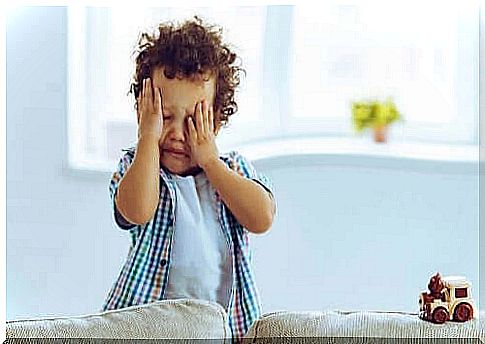
If your child has fallen and you suspect they have a concussion, but there are no symptoms, it may be a minor injury that does not require treatment or medical evaluation.
However, if you notice any of the above symptoms a few hours later, take your child to your doctor or the emergency room. With a few simple tests, they can determine if treatment is needed to determine the cause of the discomfort.
Take your child to the emergency room immediately in the following cases:
- Repeated vomiting.
- Epileptic attacks.
- Marked dizziness or loss of balance.
- Severe headache.
- Lost consciousness and your child does not regain consciousness.
- The child is confused and does not recognize you.
- They babble and have difficulty speaking (in the case of children who can already speak well).
- The child has visual problems: dilated pupils, blurred vision and not recognizing objects.
- There is a hematoma or a large bump on their head, or swelling and it feels hot (especially in babies).
Diagnosis
It is very important to consult your doctor if you have any questions. Diagnosing a concussion in time and treating it in time will not lead to future damage.
However, if you don’t pay attention to your child’s symptoms and take immediate action, the blow could lead to brain damage. It can have bad effects on their motor function and cognitive and sensory development.
A doctor will perform a thorough evaluation of the functioning of the child’s nervous system to diagnose this type of injury. They can test the child’s balance, coordination, and reflexes.
In addition, proper diagnosis may require imaging technology, such as CT or MRI scans, to determine the extent of involvement of the brain and adjacent structures.

Treatment of a concussion
Treatment depends on the severity of the injury and the specific characteristics of a child. If the doctor is not planning hospitalization, he will likely recommend home care. For example, think of:
- Reducing rest and strenuous physical activity for a period of time to prevent further trauma and not prolong the recovery period.
- Avoiding any kind of cognitive activity. For example, the child will have to miss school or daycare as long as it shows symptoms, so that they do not worsen.
- Then gradual integration into everyday activities.
- The child will need to drink certain amounts of fluids and avoid junk foods.
It is important that you are aware of any changes your child shows within 48 hours of the injury. See your doctor again if symptoms worsen.
Post-concussion syndrome
Most children make a full recovery from a concussion with proper treatment. However, in some cases they can be affected by a post-concussion syndrome.
The main feature of this syndrome is the manifestation of the symptoms of the injury once the expected recovery time has passed. No one knows why symptoms last even longer in some people over time.
In general, however, they are not directly related to the severity of the trauma. That it happens could be related to multiple recent concussions, for example.



